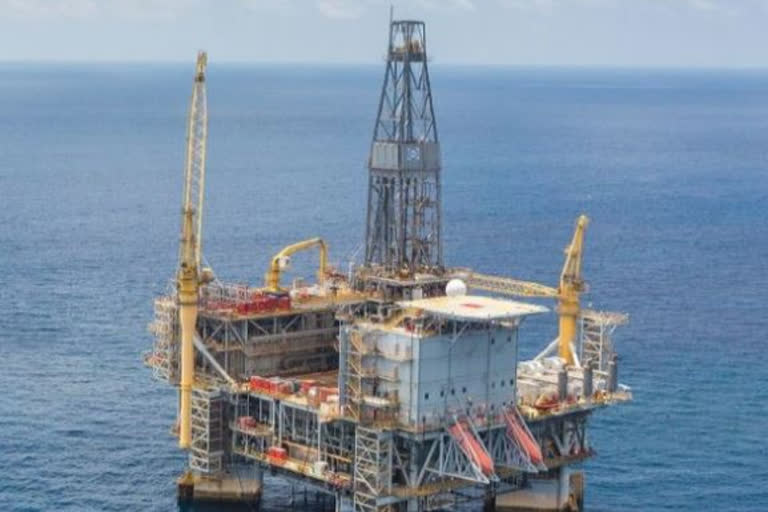New Delhi: The Group of Seven (G7) nations will soon convene and carve a price cap on Russian oil purchases, according to top US officials who said that India is going to benefit from the move even if it does not join the price cap mechanism directly.
US Treasury Department's assistant secretary for terrorist financing and financial crimes, Elizabeth Rosenberg said, "India will have access to lower price of affordable energy (Russian Oil). It can leverage the price cap to negotiate a lower price with Russia. It is consistent with a price cap."
"We will not allow Russia to profit and get a war premium for invading Ukraine," the US official added. US officials informed reporters that while determining the price cap the G7 will factor in the cost of production and will give an economic incentive to Russia so that its oil keeps flowing into the markets. This assurance comes as several countries are facing high inflation due to spiralling fuel prices.
Also Read--FM explains India's Russian crude oil import increased from 2% to 13 %
The price cap policy applies to Russian oil, any service provider from G7 involved in transporting, banking, insurance or any other service will have to attest that Russian oil is purchased below the price cap and has to be compliant. US assistant secretary for economic policy and a counsellor to the secretary of the treasury, Ben Harris told reporters that "It is not a global cap, it is G7 cap, we are using G7 reach and influence, in this everyone wins except Russia."
According to an estimate, G7 wealthy nations, which are made up of Britain, Canada, France, Germany, Italy, Japan and the United States, control nearly 90 per cent of insurers and vessels that transport oil and Russia is heavily dependent on it. Officials also said that Russia is already doing long-term contracts with several buyers giving huge discounts, which means that the price cap mechanism will be working.
India is maintaining silence on the price cap initiative led by the United States even though it is one of the largest importers of oil and it depends on imported oil for its need which is more than 80 per cent.
Furthermore, India has maintained that restrictions on oil imports cannot work and it is importing Russian oil considering the low cost and easing of the burden on its economy.Crude oil prices soared to near record high earlier this year due to the Russia-Ukraine conflict. Western countries led by the United States imposed several sanctions on Russia to limit its revenues from its energy exports.
However, Prime Minister Narendra Modi's government decided to ramp up oil imports from Russia giving primacy to national interests. On Thursday, Union Finance Minister Nirmala Sitharaman said the share of Russian oil in India's overall oil import basket increased from 2 per cent to 13 per cent in a couple of months after the beginning of the Russia-Ukraine conflict.
Addressing an event organised by the Indian Council for Research on International Economic Relations (ICRIER), Sitharaman said credit must be given to PM Modi's statesmanship to take the decision of boosting imports of Russian oil at discounts that helped in reducing the import bills. Sitharaman said the increase in oil imports at discounted prices from Russia is a part of the "inflation management". Amid the unreasonably high oil and gas prices, External Affairs Minister S Jaishankar too has echoed a similar sentiment and said Russian oil imports are the "best deal" for the country. (ANI)



